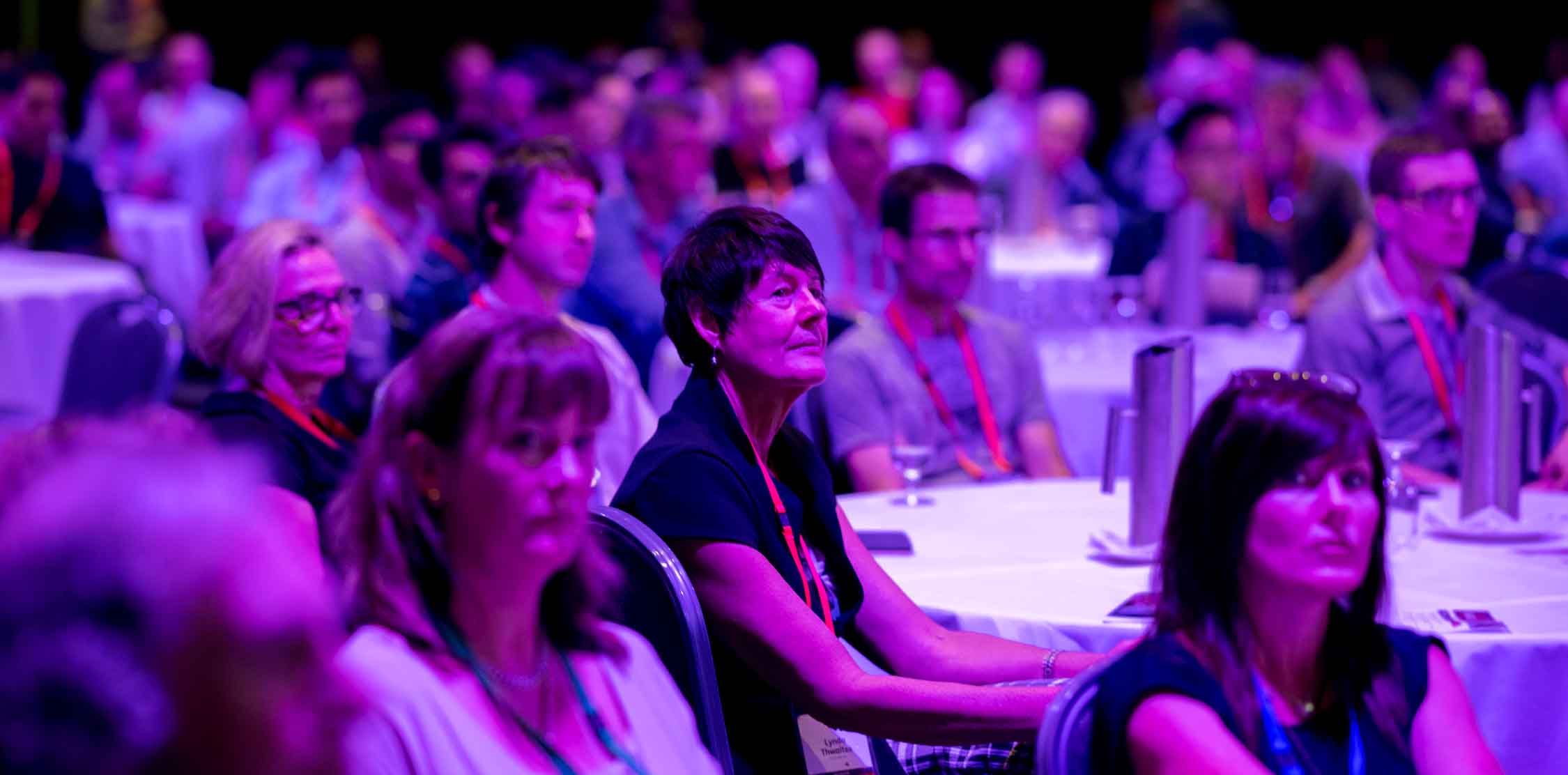Skin Cancer College Australasia recently held its annual congress. Here are the top things learnt from this important event
Skin Cancer College Australasia, the non-profit peak body for skin cancer practitioners in our region, recently held its annual Congress on the Gold Coast. This premier event has now become the largest gathering of skin cancer medicine professionals in the Australasian region.
With an assemblage of global thought-leaders in skin cancer medicine the take-aways are always going to be significant.
Here are the top three things we learnt from this important event:
- Collaboration is Key
Dealing with the epidemic of skin cancer is not something which can be assigned solely to one group. Congress 2019 provided a rare occasion to gather a diverse group of skin cancer related experts in one space.
The outcome? We captured an invaluable opportunity to improve the current outcomes of skin cancer patients in our region. Professor David Whiteman, Deputy Director at QIMR Berghofer referred to current melanoma rates in Australia and New Zealand as “an epidemic of melanoma”.
With GPs in Australia currently at the coal-face of managing the disease burden, this Congress provided essential take-aways of practical value for primary care practitioners.
The opportunity for researchers, regulators, and clinicians to meet, talk and collaborate is vital to ensuring all aspects of the issue are acknowledged and understood. This is a rare opportunity that comes around but once a year.
- Survivorship is a new paradigm
Pleasingly, issues around survivorship are increasingly taking a key place on the conference program. Over a relatively short period survivorship has increased dramatically and while this is good news, it brings a new set of challenges.
Leisa Leon is Education Program Coordinator at the Australian Cancer Survivorship Centre providing professional development and learning opportunities for all healthcare professionals caring for cancer survivors. With a growing number of cancer survivors in Australia (1 million at present, forecast to be 1.9 million in 2040) Leisa commented on research stating, “the current model of survivorship focusses on medical needs and surveillance but not psychological well-being”.
Their research suggests we need to move to a model of person-centred, preventative and integrated care for cancer survivors. This integration requires collaboration across a multidisciplinary team including primary health care practitioners for the long term.
- Artificial Intelligence is here!
Many primary care practitioners have been wondering what the effect of AI will be on their day-to-day practice. Will it be innovative? Will it be disruptive? Will it assist primary care practitioners or indeed replace them?
Congress provided the chance for delegates to hear from two leaders in the field of AI and then opened the floor to a well-received Q & A panel session. Professor Cliff Rosendahl is a GP with over 40 years’ experience and a leader in the field of dermoscopy . He outlined scenarios in which machine learning is now outperforming expert dermatologists in experimental settings. He outlined recent scenarios in which machines are trained in just 23 hours to outperform humans with 5000 hours experience.
Dr Maryam Sadeghi is the CEO and Co-Founder of Canada-based MetaOptima Technology. She explored the question of whether we are overestimating or underestimating AI and gave an honest deep dive into the possibilities and the risks of implementing AI in skin cancer diagnosis and management. Her take-away “Think of AI as your assistant. Can you disagree with your assistant? Absolutely! Can you argue with it? You should. Your intelligent assistant may have seen millions of patients, but it may not know your patient and the context well.”
While many conferences have a singular focus, the Skin Cancer Congress is different. It brings together a range of expertise and opinions to allow a broader understanding of the impact of skin cancer on the wider community, but also the full extent of the patient journey from diagnosis through treatment to survivorship.
2020 is a milestone for the College as it marks its 10th Annual Congress and another important opportunity to meet and improve the outcomes for skin cancer patients in our region.


